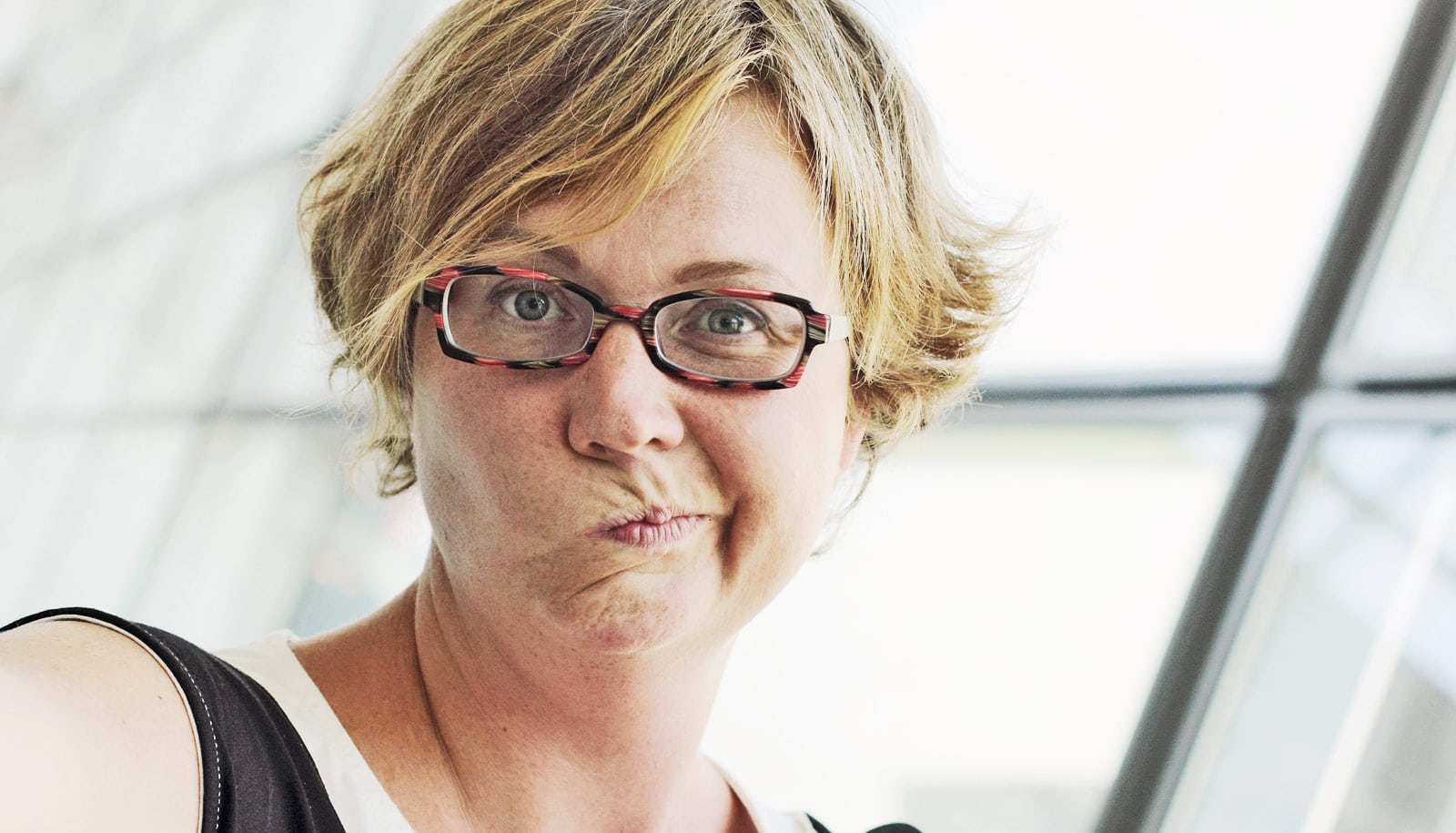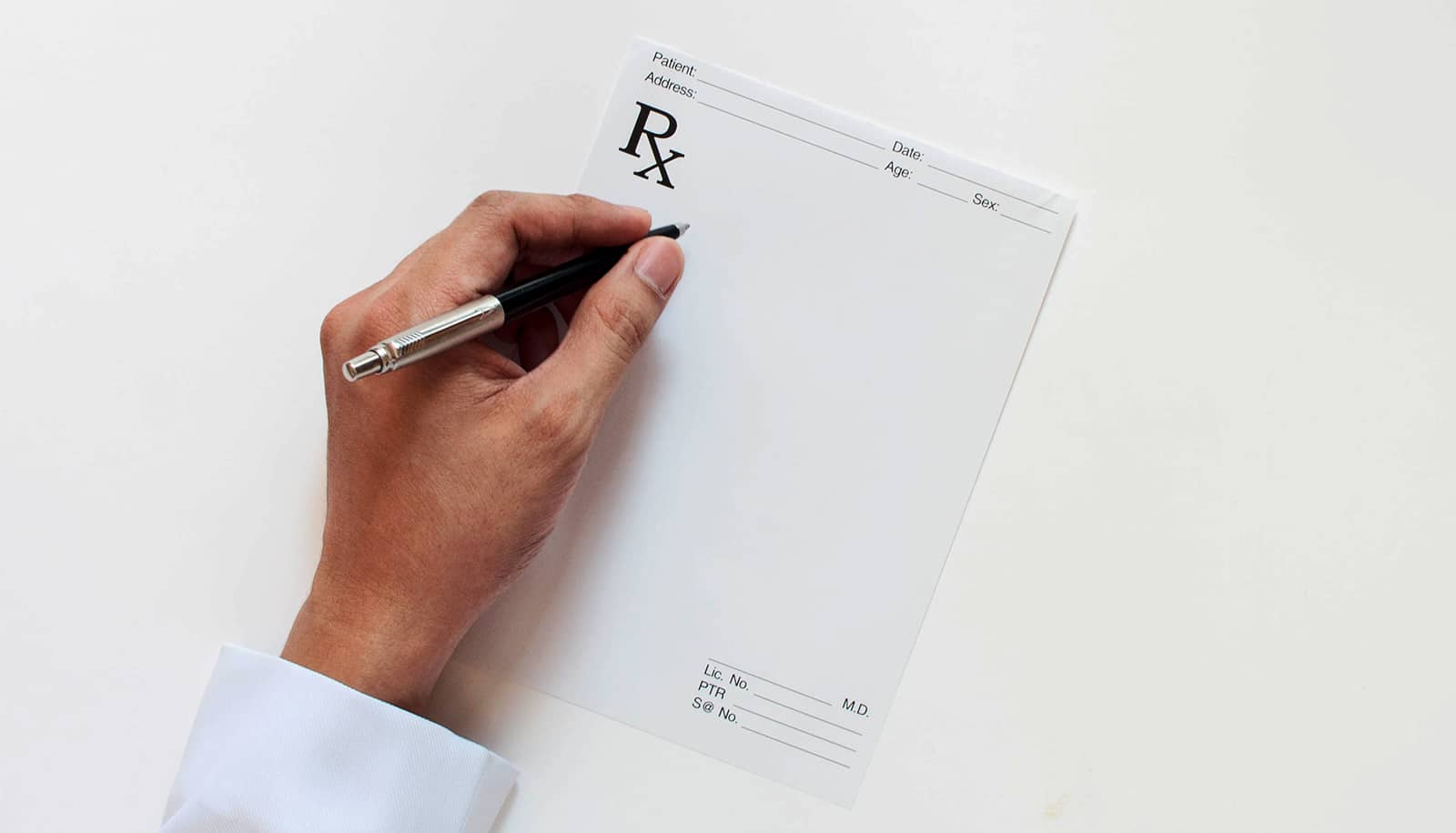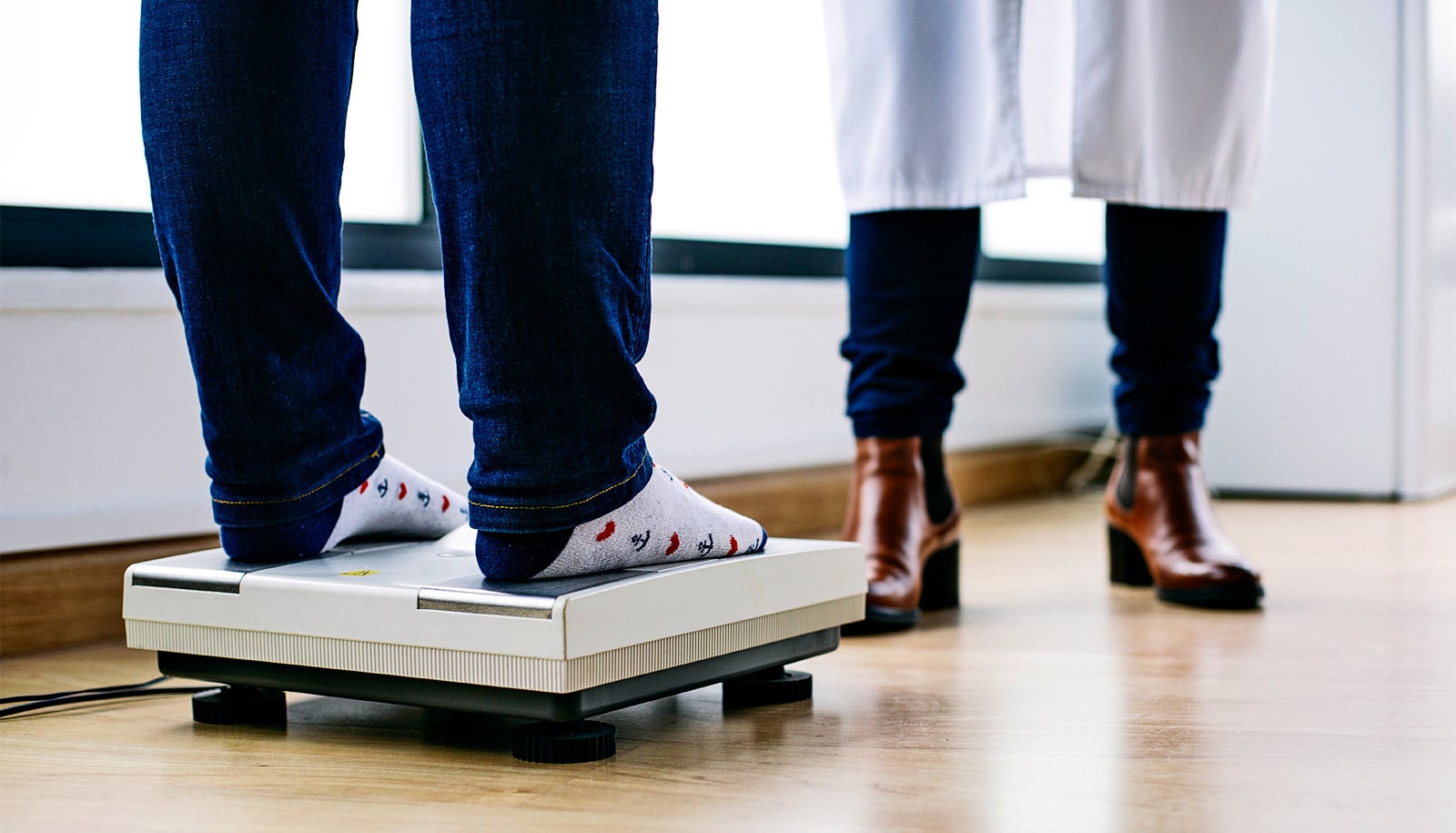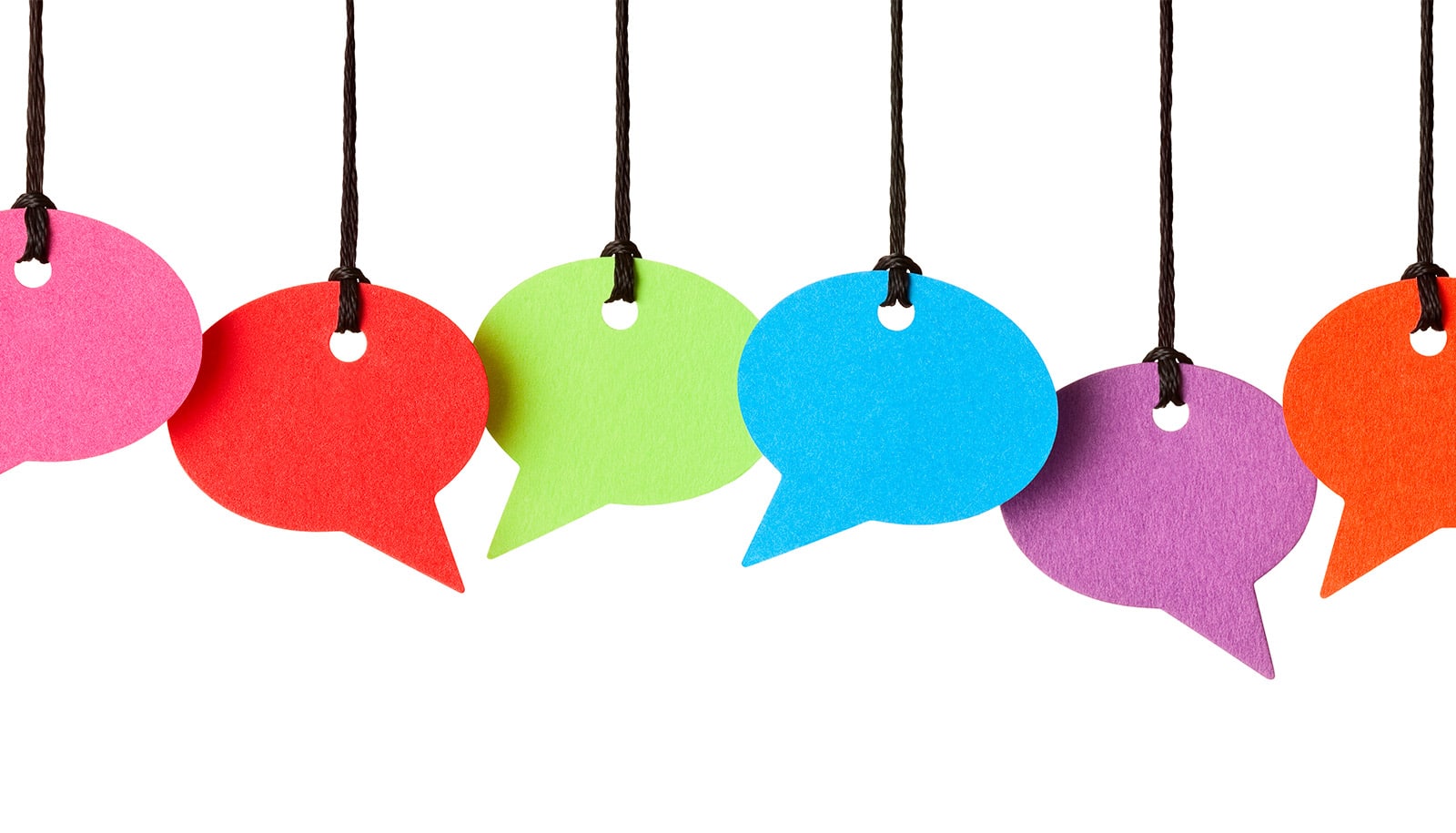Patients are far more willing to disclose their sexual orientation to health care providers than those providers believe, new research suggests.
More than three-quarters of hospital emergency room doctors and nurses thought patients would refuse to discuss their sexual orientation, while only 10.3 percent of patients said they would balk at the question, the study shows.
Closing that disclosure gap, the investigators say, has the potential to improve the care of lesbian, gay, and bisexual patients, a population with historically poorer overall health and less access to health care and insurance than the straight population.
About 8 million American adults identify as lesbian, gay, or bisexual, according to government estimates.
The research, published in JAMA Internal Medicine, is part of the EQUALITY Study, a collaboration among researchers at the Johns Hopkins University School of Medicine, Brigham and Women’s Hospital, and Harvard Medical School.
“Unlike racial/ethnic and age data, information about sexual orientation and gender identity has not been collected routinely in health care settings, which limits the ability of researchers and clinicians to determine the unique needs of the lesbian, gay and bisexual communities,” says Brandyn Lau, assistant professor of surgery at Johns Hopkins and the study’s senior author.
“Health care providers haven’t collected these data, at least in part due to fear of offending patients, but this study shows that most patients actually would not be offended,” he says.
Researchers aren’t taking to LGB teens of color
The study focused on emergency departments, which get more than 130 million patient visits annually in the United States. EDs are the source of nearly half of US inpatient hospital admissions and the primary point of entry for uninsured and underinsured patients.
The research team first interviewed 53 adult patients and 26 health care professionals from three community hospitals and two academic medical centers. Although clinicians recognized the importance of knowing a patient’s sexual orientation when medically relevant, most patients believed that sexual orientation was always relevant. Many felt health care professionals needed to know sexual orientation not just to enable them to provide relevant care, but also to help them recognize the lesbian, gay, and bisexual population.
“Our patients are telling us,” says lead author Adil Haider, director of the Center for Surgery and Public Health at Brigham and Women’s Hospital, “that routinely asking all patients who come to the ED about this information creates a sense of normalcy toward people of all sexual orientations and signals that each patient is equally welcome here, including the 3 to 10 percent of Americans who identify as lesbian, gay, or bisexual.”
Being rude to your doctor makes them mess up
The second phase of the research was an online survey of 1,516 potential adult patients (244 lesbian, 289 gay, 179 bisexual, and 804 straight) and 429 ED health care professionals (209 physicians and 220 nurses).
Just under 78 percent of the clinicians said patients would refuse to provide their sexual orientation if asked, but only 10.3 percent of patients said they would decline.
Specifically, only about 10 percent of straight patients, 4.8 percent of lesbians, 12 percent of gay men, and 16.4 percent of bisexual patients said they would refuse to answer a question in the ED about sexual orientation.
“We need to make collecting sexual orientation information a regular part of our practice, similar to how other demographic information such as age and race is collected,” Lau says. “Because I don’t think providers will start consistently collecting these data on their own, clinics and hospitals need to mandate it.”
The Patient-Centered Outcomes Research Institute funded the work.
Source: Johns Hopkins University



